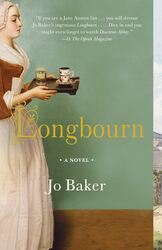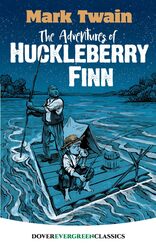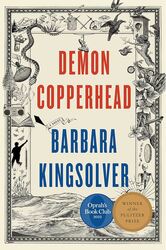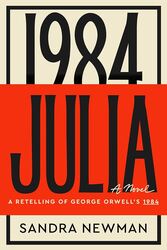Book Pairings
22 Feb 2025A funny thing happened when I wrote up my 2025 book list – a lot of the books were parts of pairings. And I started wondering what other pairings I had read that were memorable.
So here’s another list!
Wicked, Gregory Maguire and The Wonderful Wizard of Oz, L. Frank Baum


You wouldn’t know it to look at me (or would you?) but I am a person who has read all 14 books of the original L. Frank Baum Oz series. From “The Wonderful Wizard of Oz” to “Glinda of Oz” and all in between.
As… that kind of person, I was truly tickled to pick up “Wicked” a couple years ago and take in not only the invented back-story of the Wicked Witch of the West (Elphaba), but also all the references to the Oz world that Maguire builds into his narrative. “Wicked” is the best kind of reimagining, one that manages a completely fresh story, but without tearing down the original source material on the way. Maguire clearly is also… that kind of person, and he treats Oz with respect while building a totally fresh take. Loved it so much.
Pride and Prejudice, Jane Asten and Longbourne, Jo Baker


I came across “Longbourne” as a book recommendation from the hosts of the Strict Scrutiny Podcast (a podcast that current events renders more relevant every day). Like “Wicked”, “Longbourne” picks up the same world as the source, but manages to tell an entirely unique story that pays tribute to the original.
“Longbourn” is told entirely from the point of view of the servants in the Bennet family home. It both tells a heart warming love story, and illuminates just how different the circumstances of the upstairs and downstairs of the house are.
The version I had conveniently included both “Longbourn” and the entirety of “Pride and Prejudice” in one volume. It was crazy to read the old novel and see just how little the service staff figured in the story. And yet, as “Longbourn” makes clear, they would have been omnipresent, working hard every day, 24/7.
Adventures of Huckleberry Finn, Mark Twain and James, Percival Everett


“James” showed up on number of “best of” lists for 2024, and I deliberately read it after doing a re-read of Huck Finn. The central conceit of “James” is that the slaves are all play acting the character of “slave” in front of the white world, but have a rich secret intellectual life they only show to one another. This makes Everett’s “James” an engaging narrator, well read, ironic at times, and observant, but no more compelling as a human being than Twain’s “Jim”.
For me, after the first third of the book, “James” did not have a lot new to offer. Everett has to work through all the narrative beats of the original material, but does not have much more to offer than the central twist. In those parts of the story where James is separated from Huck, and Everett has the freedom to write his own narrative for James, I found the story more engaging, but when he is stuck inside Twain’s story arc, the book kind of grinds along.
March, Geraldine Brooks and Little Women, Louisa May Alcott


“March” tells the tale of the largely absent father figure of “Little Women”, abolitionist Mr. March, who heads off join the Union Army as a chaplain, and ends up having as miserable a time as one would expect, in the Battle of the Wilderness and then on a Union-occupied plantation.
I found this book on the Pullitzer list (winner for 2006) and it was a great engaging read, good for anyone interested in a little Civil War fiction that does not shy away from just how miserable an experience war is. The human wreckage of battle, the devestation of every built structure, the disappearance of civil society and law. March heads off to war thinking he can make a difference. He returns much more realistic.
Demon Copperhead, Barbara Kingsolver and David Copperfield, Charles Dickens


The “Demon Copperhead” and “David Copperfield” pairing I wrote about before. I picked up “Copperfield” right away after “Demon” to explore all the connections that Kingsolver had built into her tale, and I was a little surprised to find out how much she’d changed. Some of her characters had no analogues in Dickens and vice versa. Parts of the plot were gone or re-arranged or had no obvious analogue. Which was all fine, since “Demon Copperhead” stands perfectly well on its own.
1984, George Orwell and Julia, Sandra Newman


Also wrote about these before. Worth reading together, if only to appreciate, in Newman’s telling, just how much of a self-absorbed prig Winston Smith actually is.



